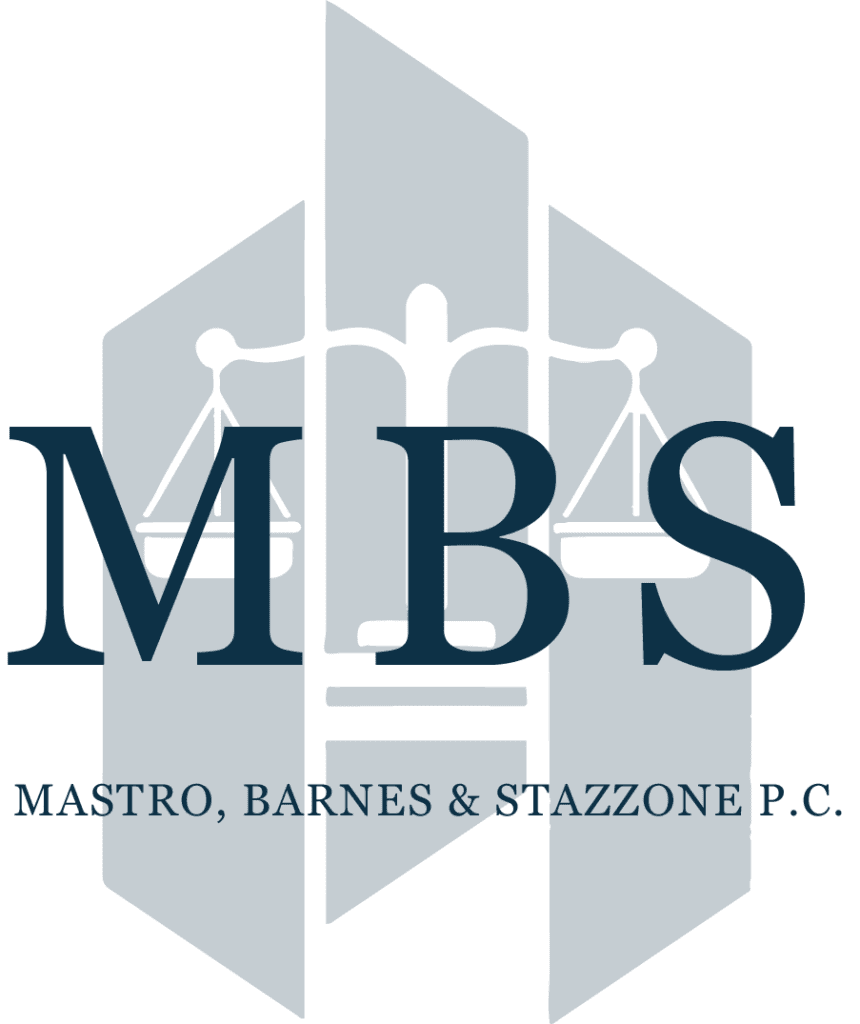Like most U.S. states, Colorado takes unlawful drug possession charges very seriously. As such, being caught with controlled substances can lead to severe consequences. If you or someone you know is facing drug possession charges in Denver or a surrounding area, it’s essential to understand both the legal landscape surrounding drug laws and the kind of support that is available to you.
In this post, we provide in-depth information on drug crimes in Colorado, the penalties associated with drug possession, common/effective defense strategies, and resources for those seeking help with substance-use related issues.
Recreational Drugs in Colorado: What Is Illegal?
While Colorado is known for its relatively progressive stance on several recreational drugs, this does NOT exempt you from severe penalties should you be caught using or in possession of an illegal substance.
What recreational drugs are legal in Colorado?
- Marijuana: Individuals ages 21 and over can legally possess up to 2 ounces of marijuana at a time. Note that public use is still illegal, and the sale of marijuana is only permitted for licensed retailers.
- Psilocybin: As of 2023, adults ages 21 and over can also possess, use and share psilocybin (aka magic mushrooms).
What recreational drugs are illegal in Colorado?
The following are examples of substances that remain illegal in the state of Colorado, whether for use, possession, or distribution.
- Cocaine
- Ecstasy/MDMA/Molly
- Ketamine
- LSD/Acid
- Heroin
- Fentanyl
- Oxycontin
- Codeine
While use of any of the above substances is considered a Colorado drug offense in MOST cases, it may be legal if the person using said drug has a valid and up-to-date medical prescription.
What Qualifies as Drug Possession in Colorado?
There are three types of drug possession in Colorado:
- Actual possession. You were found in physical contact with the drug in question.
- Constructive possession. You had control of the substance without actually touching it. For example, you had drugs hidden in a safe.
- Joint possession. You share possession of drugs with other people.
Note that it is possible to possess drugs even if you do not own them. For example, if you are storing drugs that belong to someone else, you can still face penalties for possession.
Colorado Drug Sentencing Guidelines: What Are the Penalties?
Drug Misdemeanors
The Colorado penalty for possession of drugs varies depending on the type and amount of the substance involved. Unlawful drug possession typically falls under the umbrella of a level 1 drug misdemeanor. This classification carries sentences of up to 18 months of county jail time and up to $5,000 in fines. However, the judge may choose to impose probation time of up to two years instead.
Drug Felonies
If you are caught in possession of more than four grams of a Schedule I drug (examples: ecstasy, LSD, heroin) or Schedule II drug (examples: cocaine, morphine, oxycontin), you can be charged with a level 4 drug felony. Penalties for these types of offenses include six months to one year in prison, between $1,000 and $100,000 in fines, and one year of parole.
Aggravated Felony Charges
There are certain aggravating factors that can double the prison sentence for felony possession charges. The circumstances include:
- You are on parole for another felony offense
- You are on probation or out on bond
- You are jailed as a convicted felon
- You escaped prison for a separate felony
Colorado Drug Possession Attorneys: The Best Legal Strategies
Fighting drug crime charges requires a strategic and well-informed approach. An experienced Denver drug possession lawyer can help by examining the circumstances surrounding the arrest and challenging the legality of the search and seizure. Some of the most common and effective legal defenses include:
- The authorities lacked reasonable suspicion or probable cause to detain the defendant.
- The defendant didn’t actually use any drugs.
- The defendant is facing false accusations.
- The defendant had a valid prescription for the drugs in question.
- The drug test was compromised or contaminated in some way.
- There was law enforcement misconduct involved.
Please note that every case is unique, and a skilled attorney will tailor a defense strategy to the specifics of your situation.
Why Hire an Attorney for Your Denver Drug Crimes Case?
Hiring a competent drug possession attorney in Denver is crucial for several reasons. An attorney can guide you through the complex legal process, ensuring that your rights are protected at every stage. They can identify weaknesses in the prosecution’s case, negotiate with the prosecution for reduced charges or sentencing, and provide a strong defense if the case goes to trial. Having legal representation significantly improves your chances of achieving a favorable outcome and minimizing the long-term impact of drug possession charges. If you are facing drug-related charges in Denver or a surrounding county, get in touch with MBS Law today for assistance.
Resources for Individuals Facing Drug-Related Charges
Aside from legal support, individuals facing drug-related charges often need assistance in addressing underlying substance-use issues. Colorado offers various resources aimed at providing support rather than solely focusing on punitive measures. Some statewide initiatives include the following:
- Jail Based Behavioral Health Services (JBBS): Denver’s JBBS program integrates behavioral health services into the jail setting and beyond. It aims to identify and address mental health and substance use issues among inmates, connecting them with appropriate treatment options both within county jails and in their communities after release.
- Diversion Programs: Diversion programs provide an alternative to incarceration for individuals with substance-use issues. These programs focus on rehabilitation rather than punishment, offering counseling, treatment, and support to address the root causes of drug-related offenses.
- Problem-Solving Courts (PSCs): Denver has specialized courts, such as drug courts, that focus on addressing the unique needs of individuals with substance-use issues. These courts aim to rehabilitate rather than penalize, providing a structured approach that includes counseling, treatment, and ongoing monitoring.
For a more comprehensive list of potential resources for individuals facing substance-related issues within the criminal justice system, visit THIS PAGE.
Facing drug possession charges can be a daunting experience, but it’s crucial to remember that help and support are available. Consult with a qualified drug possession lawyer to navigate the legal complexities you are up against, and explore the community resources in Denver designed to address the underlying issues associated with substance use. By combining legal advocacy with community support, individuals can work towards a comprehensive and positive resolution, minimizing the impact of drug-related charges on their lives.



